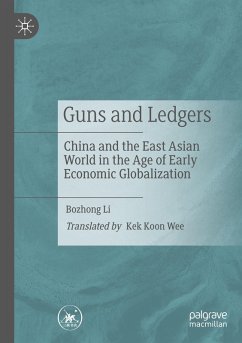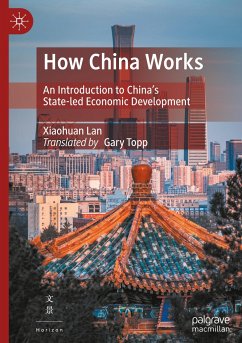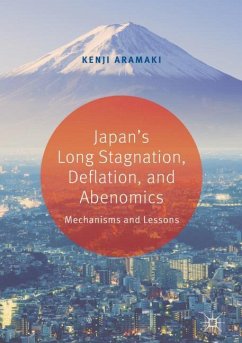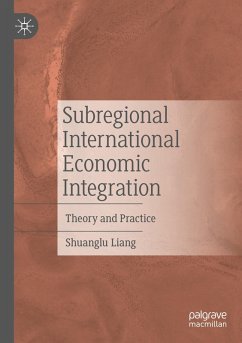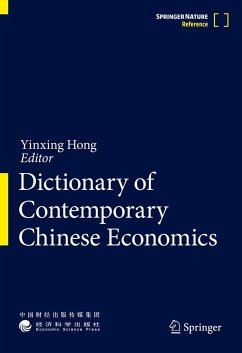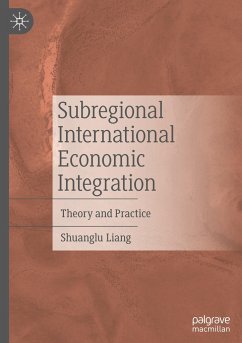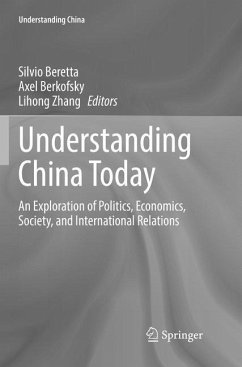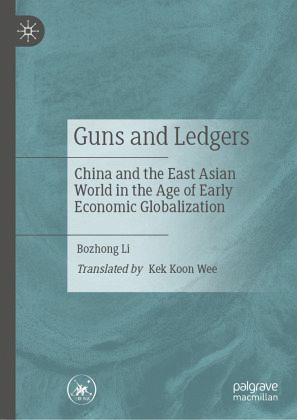
Guns and Ledgers
China and the East Asian World in the Age of Early Economic Globalization
Übersetzung: Wee, Kek Koon

PAYBACK Punkte
49 °P sammeln!
This book seeks to reconcile the dual forces of war and economic globalization in tracing China's early modernity. For late imperial China, there were two forms of encounter with the West; the guns of invading Europeans, and the ledgers by which trade between China and the West was measured and regulated. Even today, China's reactions to the West oscillate between business-driven openness and military paranoia. In this intellectual tour de force, Bozhong Li, one of China's preeminent intellectual and economic historians, traces the unprecedented transition that led China into the modern world;...
This book seeks to reconcile the dual forces of war and economic globalization in tracing China's early modernity. For late imperial China, there were two forms of encounter with the West; the guns of invading Europeans, and the ledgers by which trade between China and the West was measured and regulated. Even today, China's reactions to the West oscillate between business-driven openness and military paranoia. In this intellectual tour de force, Bozhong Li, one of China's preeminent intellectual and economic historians, traces the unprecedented transition that led China into the modern world; the book will be of value for economists, historians, and sinophiles alike.



